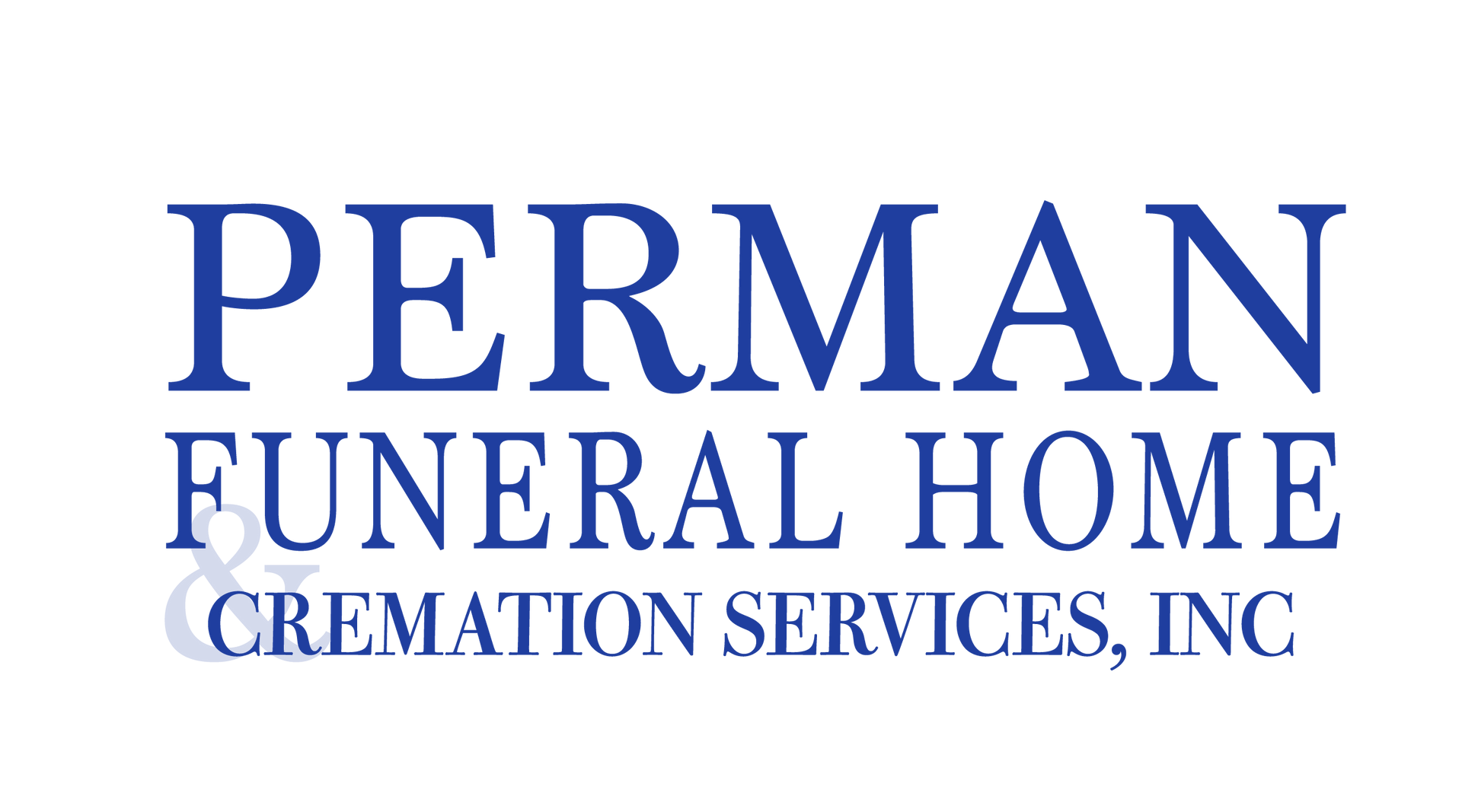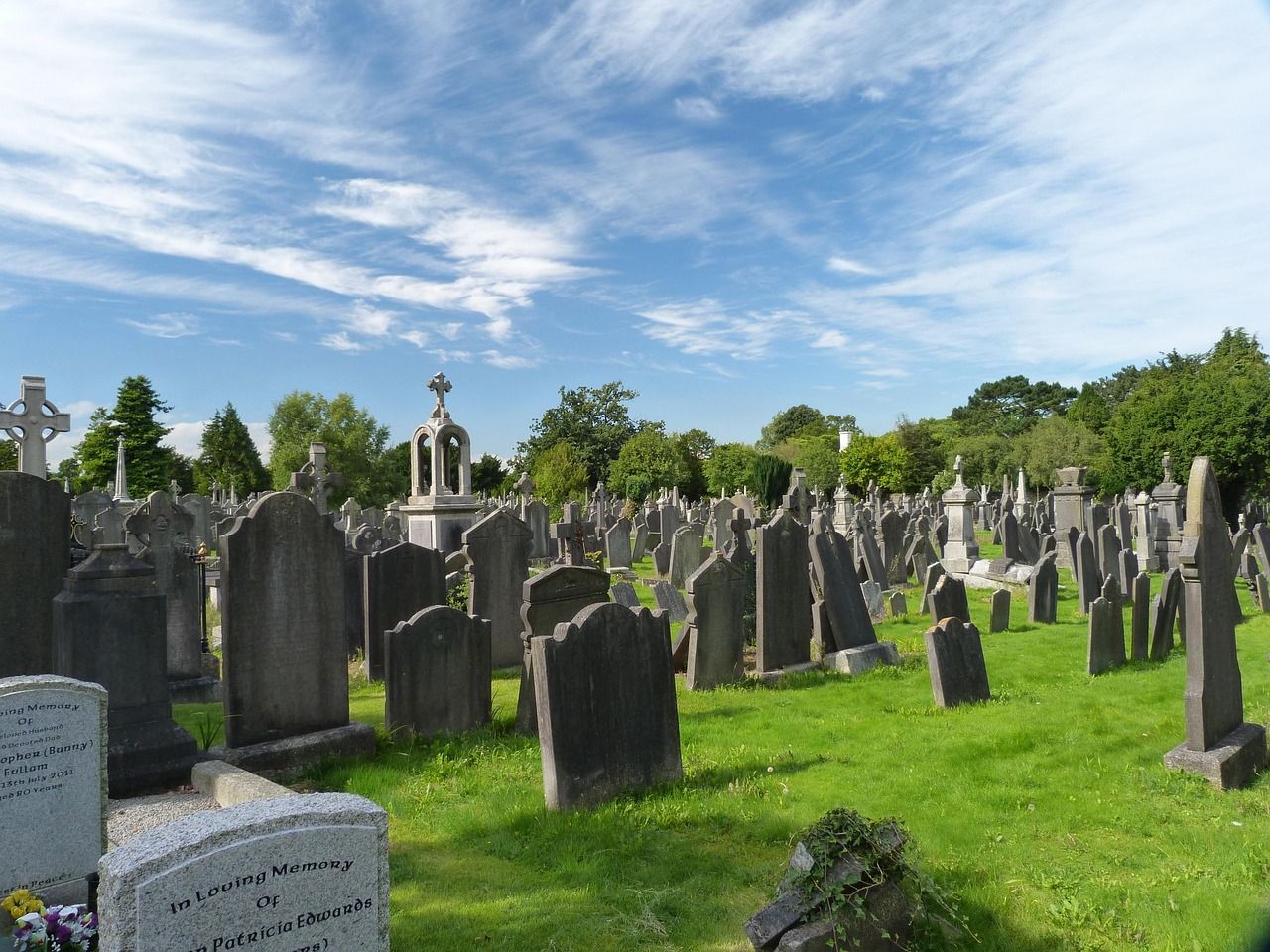Understanding the Funeral Planning Process: A Step-by-Step Guide
Planning a funeral can feel overwhelming, especially during a time of grief. Understanding the steps involved in the funeral planning process can help families make thoughtful decisions that honor their loved one’s memory. From selecting the type of service to arranging memorialization options, each stage of planning offers an opportunity to create a meaningful farewell.
By breaking down the process into clear steps, families can reduce stress and focus on celebrating the life of the deceased. Professional guidance from funeral home staff ensures that every detail—from legal documentation to service personalization—is handled with care and compassion.
Key Takeaways
- Understand the stages of funeral planning: preparation, service, and post-service.
- Consider personal, cultural, and religious preferences.
- Explore service options: traditional funerals, memorial services, cremations, and celebrations of life.
- Plan for logistics, including location, officiants, and transportation.
- Leverage funeral home professionals for support and guidance.
Step 1: Initial Decisions
When a loved one passes, the first step is deciding the type of service. Families may choose from a traditional funeral, a memorial service, cremation, or a celebration of life. Consider the deceased’s wishes, cultural and religious traditions, and what will be most meaningful to family and friends.
Step 2: Selecting the Funeral Home
Choosing a reputable funeral home ensures professional support and compassionate care throughout the planning process. A funeral director can guide families through legal paperwork, scheduling, and coordinating with clergy or celebrants. They can also help families customize the service to reflect the life and personality of their loved one.
Step 3: Planning the Service
Decisions about the service include selecting a venue, arranging transportation, choosing music, readings, and speakers, and planning for flowers or memorial displays. Personal touches, such as tribute videos, photo displays, or memory tables, can make the service unique and comforting.
Step 4: Handling Legal and Administrative Matters
Funeral planning also involves completing legal and administrative tasks such as obtaining death certificates, filing necessary permits, and notifying relevant institutions. Funeral professionals can help ensure all documentation is completed correctly and promptly.
Step 5: Post-Service Considerations
After the service, families may focus on grief support, estate matters, and ongoing remembrance. Memorial gifts, keepsakes, or charitable donations in the deceased’s name can provide continued comfort.
Frequently Asked Questions
Q: How soon should a funeral be planned after a loved one passes?
A: Funerals are usually held within a few days to a week after death, depending on family preferences, religious customs, and legal requirements.
Q: Can services be personalized if I choose cremation?
A: Absolutely. Cremation services can include memorial gatherings, personalized music, photo displays, and unique tribute elements.
Q: What is the role of a funeral director?
A: Funeral directors provide guidance, handle logistics, coordinate services, and support families emotionally during every step of the process.












